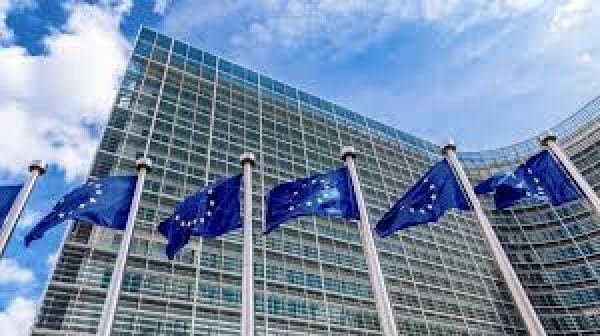Sri Lanka, along with Trinidad, Tobago and Tunisia has been added the European Commission’s list of non-EU countries considered to have strategic deficiencies in their anti-money laundering and terrorism financing regimes.
In a statement on Wednesday, the European Parliament said despite intense efforts by some MEPs, they failed to achieve the 376-vote absolute majority needed to reject the inclusion of Tunisia, Sri Lanka, and Trinidad and Tobago to the European Commission’s list.
The vote on Wednesday reflected the split in Parliament over the issue, with 357 votes in support of the motion, to 283 votes against, and 26 abstentions.
The European Commission is periodically obliged to draw up a list of “high-risk third countries”, as part of its obligations under the EU’s Anti-Money Laundering Directive.
The European Parliament has veto power over the blacklist, which is one of the tools in the European Union’s armoury to protect its financial system against money laundering and terrorist financing. However, for many months, the list has been a source of disagreement between the European Commission and Parliament.
MEPs rejected two previous versions, after disagreements over the methodology used by the Commission for compiling the list. Since then, the two bodies have agreed on a new methodology, which will be introduced from the end of this year, for adding and removing countries.
In mid-December, in line with its custom of following the lead of the international Financial Action Task Force (FATF), the Commission decided to include Tunisia, Sri Lanka and Trinidad and Tobago to its blacklist, sparking the present controversy.










